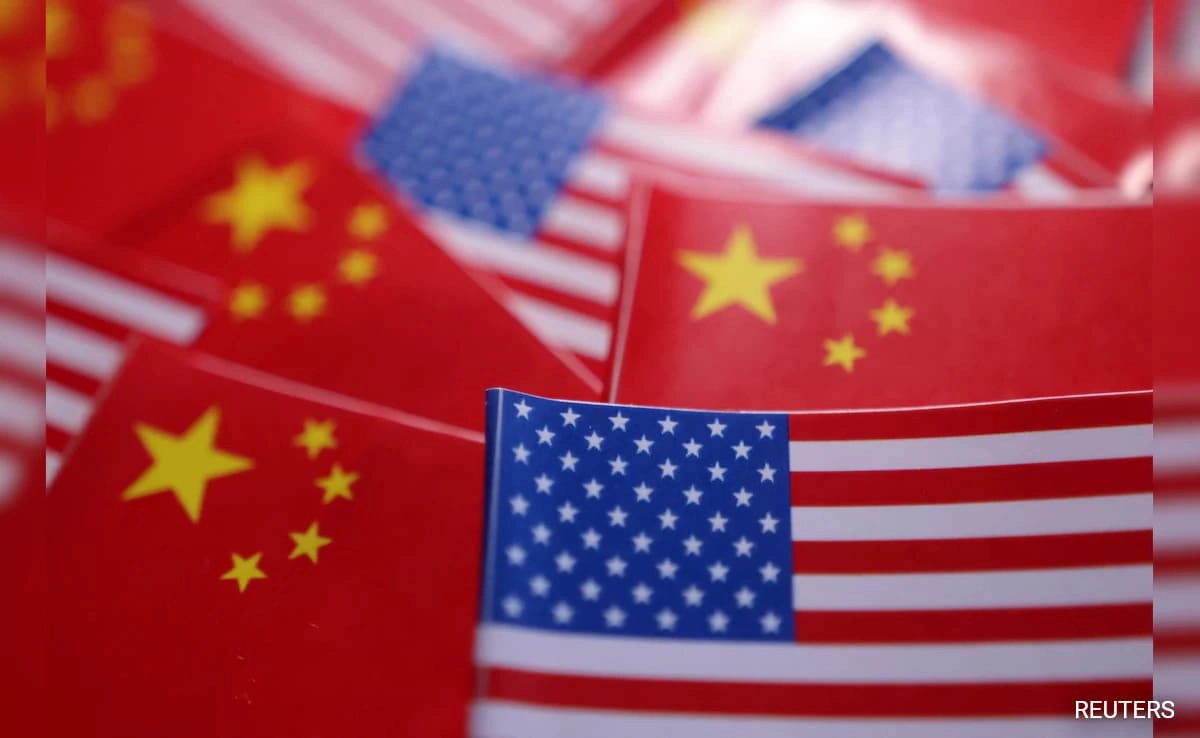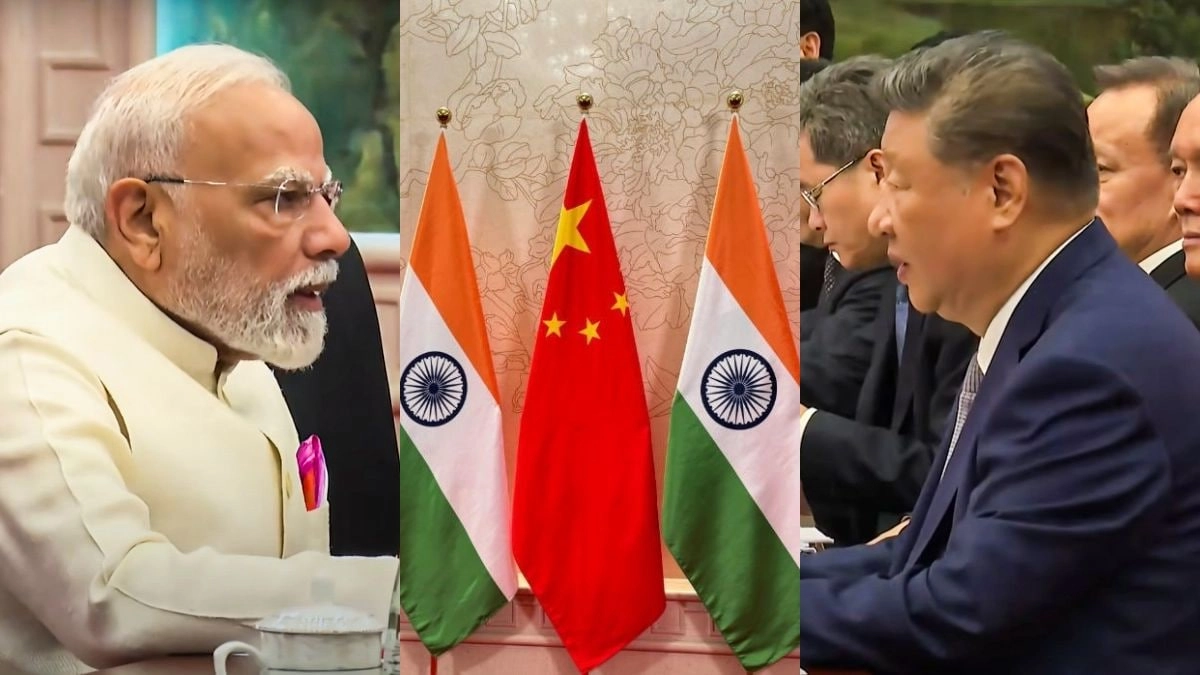In response to the ongoing tensions between the United States and China regarding trade tariffs, Chinese officials have made it clear that they are unfazed by the threats coming from Washington. They assert that the approach taken by the U.S.—which often relies on a “numbers game” and economic pressure—will not yield the desired outcomes. The Chinese government’s stance reflects a deep-rooted confidence in its ability to withstand external pressures and emphasizes the importance of a strategic, long-term view over immediate economic challenges.
China’s dismissal of U.S. tariff threats underscores a broader narrative of resilience within its economic framework. Chinese leaders argue that the U.S. strategy of imposing tariffs as a means of negotiating trade balance is fundamentally flawed. They contend that such tactics not only disrupt global supply chains but also undermine the principles of free trade that both nations have historically benefited from. By positioning itself as a steadfast player in the global market, China seeks to reinforce its economic sovereignty and maintain its growth trajectory, despite the significant challenges posed by international trade disputes.
Furthermore, the Chinese perspective highlights a growing schism in global economic relations, where unilateral actions, such as tariffs, can have far-reaching implications. The Chinese government has emphasized its commitment to reform and opening up its markets, suggesting that genuine dialogue and cooperation are far more effective than coercive measures. This viewpoint invites a reconsideration of how nations can engage with one another in a more constructive manner, focusing on mutual benefit rather than confrontation. As both countries navigate this complex landscape, the emphasis on dialogue over hostility may ultimately play a critical role in shaping the future of international trade relations.
In conclusion, China’s firm rejection of U.S. tariff threats signals a pivotal moment in the ongoing trade saga between the two nations. By asserting that the “numbers game” approach will not work, China not only reinforces its resolve but also calls for a reevaluation of traditional strategies in international economic negotiations. As the global landscape continues to evolve, it remains to be seen how these tensions will unfold and what impact they will have on the broader economic environment. The need for strategic dialogue and collaboration has never been more pressing, as both nations aim to safeguard their interests while fostering a stable global economy.




